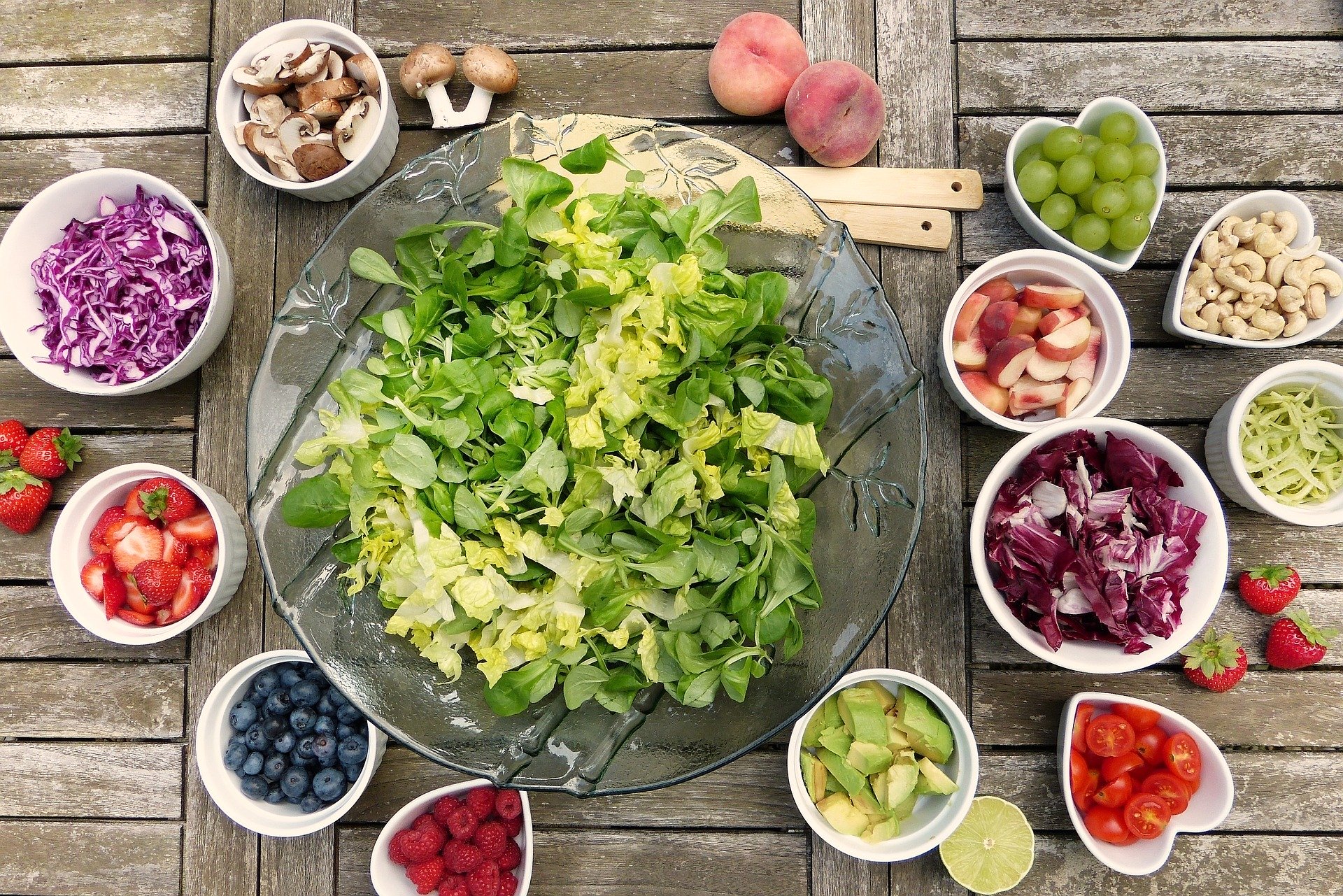When the first lockdown was announced over a year ago, many saw it as an opportunity to ditch bad office eating habits.
However, our poor lunchtime decisions seem to have followed us home according to a new poll.
Millions of us have been working from home for months, trying to simultaneously juggle work and home lives, blurring the lines between the two.
Commissioned by pulses and grains brand, Merchant Gourmet, a recent survey suggests that this seems to be the case amongst those questioned, particularly when it comes to eating.
With four in 10 (42 per cent) struggling to fit it all in, lunchbreaks have become a useful time to get more work done rather than the break from work.
As a result, the majority have been putting themselves last and inevitably reaching for lacklustre lunches and quick-fix snacks to keep them going.
Hour-long lunch breaks are a distant memory for most, with respondents revealing they take just 23 minutes on average – less than HALF the standard allocated time.
More than a third (37 per cent) agreed that since the start of lockdown, their usual lunch has been replaced with sad sandwiches, bland salads and even a mere cup of tea for some.
Nearly a third (32 per cent) opt for meals that they viewed as being of poor nutritional value, citing lack of time and inspiration once the clock strikes midday.
One in five (20 per cent) declared that they dodged lunch altogether.
Therefore, it comes as no surprise that the average adult faces an energy slump at just 2.19pm – resulting in productivity dip that continues throughout the afternoon.
Award-winning dietitian and nutritionist to Merchant Gourmet, Sian Porter, has spent over 30 years encouraging people to eat well for health, mood and energy levels, and believes eating a plant-based diet can play a key part.
Porter said, “Your diet plays a fundamental role in a healthy lifestyle at home, at work and during leisure time.
“And yet, when nutrition is discussed, many focuses solely on our body, rather than our mind too. We recognise the impact of diet on diabetes, cancer risk, teeth, and heart health, but we talk a lot less about how food affects our brains.
“Now we have a growing body of evidence that eating well has the potential to increase and maintain energy levels, improve mood and even boost brain power. It doesn’t have to be complicated; simple, tasty, quick and nutritious choices can tick all the boxes.”
Nutritionist, Sian Porter, reveals top foods to help boost brain power:
- Plant-based proteins such as lentils, beans, peas, nuts, seeds, soya (calcium set tofu): These provide iron which helps maintain cognitive function and reduce tiredness and fatigue. They also contain niacin (vitamin B3) which helps release energy from food and normal psychological function.
- High fibre starchy carbs including wholegrains, such as brown rice, quinoa: Ready cooked can save time and are packed full of flavour. Products such as Merchant Gourmet’s new Cajun style pouches means most of the work has been done for you. These provide slow-release energy to help power your brain, nutrients such as thiamin (vitamin B1), and selenium; a lack of which may increase the chance of feeling depressed and negative mood.
- Fruit and vegetables: These are key for providing vitamins such as vitamin C to aid iron absorption, and folate which helps maintain normal psychological function.
- Calcium-containing foods, such as yoghurt, green leafy vegetables, nuts and dried fruits: Calcium contributes to normal function of digestive enzymes and helps to release energy from food.
- A drink for hydration: Water is best for concentration and alertness.
Richard Peake, Managing Director at Merchant Gourmet, commented; “It’s been a difficult year, balancing both work and home life. This has inevitably meant at times we’ve not been able to focus on what our minds and bodies need.
“We believe that everyone deserves a nutritious lunch and that should never be at the cost of taste or even time.
“But there is an appetite for change, with an increasing number of people prioritising their health and wellbeing.
“Our ready to eat plant-based pouches containing pulses, lentils and grains are packed with bags of flavour, and are the perfect solution for those looking for a nutritious meal made in a matter of minutes.”
Peake adds “Delicious lunches don’t have to be at the expense of the planet too.”
“We recently launched our Appetite for Change campaign, encouraging consumers to reduce their meat intake and adopt a more pure plant-based diet.
Our latest campaign not only aims to educate on how reducing the number of meals made with meat each week can have a positive impact on the planet, but also the wealth of health benefits that come from adopting a plant-based diet.”





